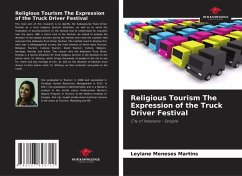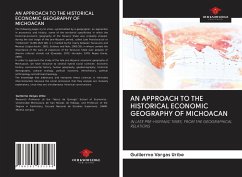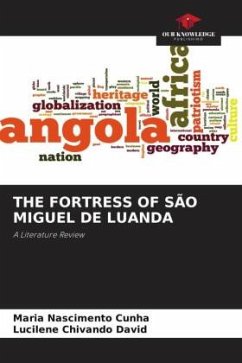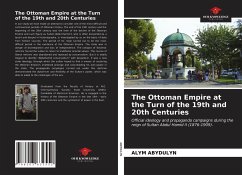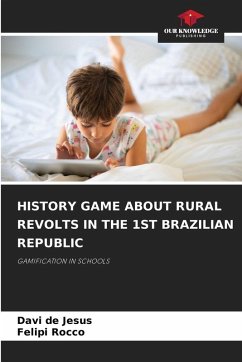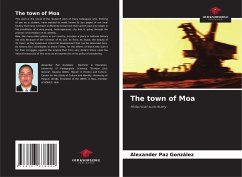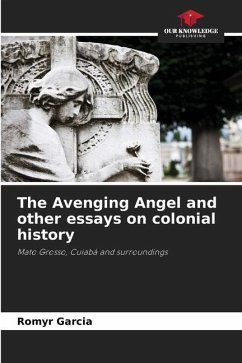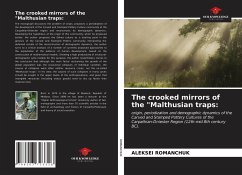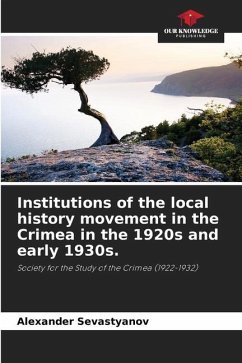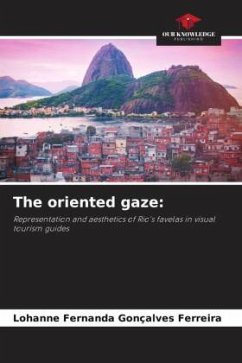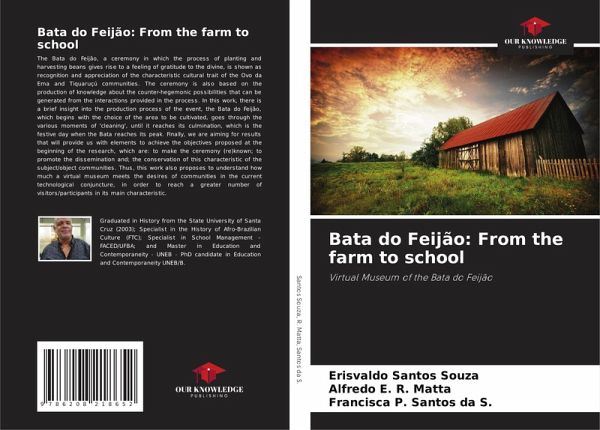
Bata do Feijão: From the farm to school
Virtual Museum of the Bata do Feijão
Versandkostenfrei!
Versandfertig in 6-10 Tagen
51,99 €
inkl. MwSt.

PAYBACK Punkte
26 °P sammeln!
The Bata do Feijão, a ceremony in which the process of planting and harvesting beans gives rise to a feeling of gratitude to the divine, is shown as recognition and appreciation of the characteristic cultural trait of the Ovo da Ema and Tiquaruçú communities. The ceremony is also based on the production of knowledge about the counter-hegemonic possibilities that can be generated from the interactions provided in the process. In this work, there is a brief insight into the production process of the event, the Bata do Feijão, which begins with the choice of the area to be cultivated, goes th...
The Bata do Feijão, a ceremony in which the process of planting and harvesting beans gives rise to a feeling of gratitude to the divine, is shown as recognition and appreciation of the characteristic cultural trait of the Ovo da Ema and Tiquaruçú communities. The ceremony is also based on the production of knowledge about the counter-hegemonic possibilities that can be generated from the interactions provided in the process. In this work, there is a brief insight into the production process of the event, the Bata do Feijão, which begins with the choice of the area to be cultivated, goes through the various moments of 'cleaning', until it reaches its culmination, which is the festive day when the Bata reaches its peak. Finally, we are aiming for results that will provide us with elements to achieve the objectives proposed at the beginning of the research, which are: to make the ceremony (re)known; to promote the dissemination and; the conservation of this characteristic of the subject/object communities. Thus, this work also proposes to understand how much a virtual museum meets the desires of communities in the current technological conjuncture, in order to reach a greater number of visitors/participants in its main characteristic.





